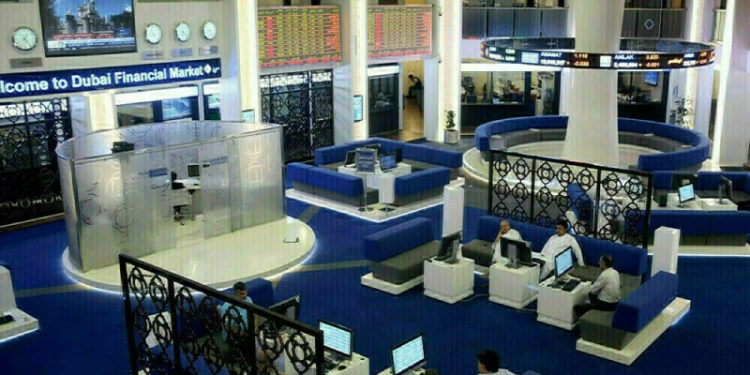The head of Norway’s sovereign wealth fund — one of the biggest capital pools in the world — on Sunday lashed Volkswagen (Other OTC: VLKPY – news) ‘s ownership structure as giving too much power to family shareholders and disadvantaging minority shareholders.
As VW battles a global emissions-cheating scandal, the fund’s chief executive, Yngve Slyngstad, slammed the carmaker’s shareholder structure.
“This cannot be a role model for Germany,” Slyngstad told the Sunday newspaper, Frankfurter Allgemeine Sonntagszeitung.
The Porsche and Piech families own 50.73 percent of VW’s voting shares via the holding company Porsche Automobil Holding SE, but they own only 31.5 per cent of the company equity.
“I don’t think that anyone genuinely believes that the family wants to change anything about the structure,” Slyngstad told the newspaper.
“We as co-owners don’t get the impression that the family wants to listen to us.”
Norway’s 734-billion-euro ($ 819-billion) fund holds a stake of 1.2 percent in Volkswagen.
It previously criticised the German group’s shareholder structure in 2009 following the VW-Porsche takeover battle.
The embattled auto giant is currently embroiled in its deepest-ever crisis after it was forced to admit that it had fitted 11 million diesel cars worldwide with software which intentionally skews the results of emissions tests.
On Friday, the company took the unusual step of delaying the publication of its annual results and pushed back its annual shareholder meeting as it grapples with assessing the full financial fallout from the scandal.
Separately, the star lawyer VW has hired to handle compensation claims in the United States told another Sunday newspaper that it might take some time yet before a deal is hammered out for owners of the affected vehicles in the US.
“My hands are tied as long as VW and the authorities don’t overcome their differences. The original timeframe could be delayed,” lawyer Kenneth Feinberg told Die Welt am Sonntag.
Feinberg is renowned as the go-to lawyer for high-profile legal cases.
He managed the compensation claims fund for General Motors (NYSE: GM – news) related to the deadly ignition switches used in some of its cars.
Feinberg also managed similar funds for the victims of the September 11, 2001, terror attacks and the massive oil spill in the Gulf of Mexico in 2010.
Feinberg, who originally suggested when he was hired in December that it could take between 60 and 90 days to draw up a claims resolution programme, said all options were still on the table with regard to what form the compensation could take.
“It has not yet been decided. All options are still up for debate: cash payments, car buy-backs, repairs, or the provision of replacement cars,” he said.
“It’s immaterial to me what a company can afford. What is important for me is to find a solution that is generous enough to satisfy the affected customers,” Feinberg said.
“My task is not to punish VW,” he added.



























